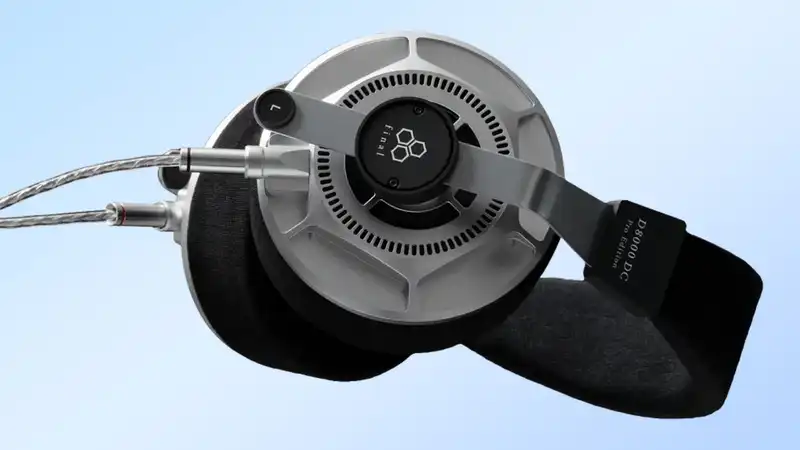Hackers primarily target adults. This is because their accounts, personal information, and financial information are more valuable. However, even children can inadvertently become victims of cybercrime, which is exactly what happened in the recent data breach in which thousands of minors' information was leaked online.
As reported by Cybernews, medical IT firm Datavant revealed in May that it was the victim of a data breach. However, the hackers behind the attack did not target the company's systems, but first targeted employee e-mail accounts.
To steal the credentials, the hackers sent out a flood of emails in a targeted phishing attack; most Datavant employees were able to spot the obvious signs of phishing emails, but a few could not, and as a result, the hackers were able to obtain the credentials for one of the company's email credentials for one of its accounts.
Here is everything you need to know about this latest data breach, including what to do next if your child's information is compromised, as well as tips and tricks for staying safe from hackers.
According to a data breach notification letter from the Vermont Attorney General's Office, hackers gained unauthorized access to data contained in one user's inbox between May 8 and 9 of this year. The information the hackers obtained in this attack is as follows:
What makes this particular data breach so devastating is that all of the victims are minors, whose information could be used in further targeted phishing attacks, scams, or identity fraud. For example, hackers could use this information to commit medical identity theft. Unlike regular identity theft, medical identity theft involves submitting forged claims to Medicare or the person's insurance provider.
Datavant is currently adding additional safeguards to its system and educating its employees on how to spot phishing emails to prevent such incidents from occurring in the future. Unfortunately, for the children and families involved in this data breach, the damage has already been done.
To further protect these victims, Datavant is offering two years of free access to the best identity theft protection Kroll has to offer. As part of this offer, victims will receive credit monitoring, fraud counseling, and identity theft recovery services.
Since Datavant works with 70,000 hospitals and clinics across the United States, your child's data may have been compromised. If this is the case, you will receive a data breach notification letter in the mail, such as the one linked above, so if you have children, watch your mailbox carefully.
In the letter, you will find all the information you need to register for Kroll's identity monitoring service and a membership number to activate your free two-year account. The letter also includes a deadline for when you must register.
We have not yet reviewed this particular service, but they have an A- rating with the Better Business Bureau and have been in business for 29 years.
At the same time, we want to keep an eye on our inboxes, as hackers will likely use this stolen information for phishing attacks. Be on the lookout for emails from unknown senders or those that attempt to instill a sense of urgency by making you click on a link or download an attachment.
Likewise, you want to make sure you are using the best antivirus software to protect your PC, the best Mac antivirus software to protect your Mac and the best Android antivirus to protect your Android phone One of the best antivirus apps. The reason is that the malicious links and attachments in the inevitable phishing emails may contain malware that can infect your device.
One reason families may want to enroll in identity theft protection, even if it seems unnecessary or expensive, is that many of these services are on the lookout for signs that their children's Social Security numbers may be being misused online.
Hackers will continue to try to steal your personal and financial information. While this may seem like a hassle at times, knowing how to spot potential attacks will make you much less likely to fall for them.
.









Comments